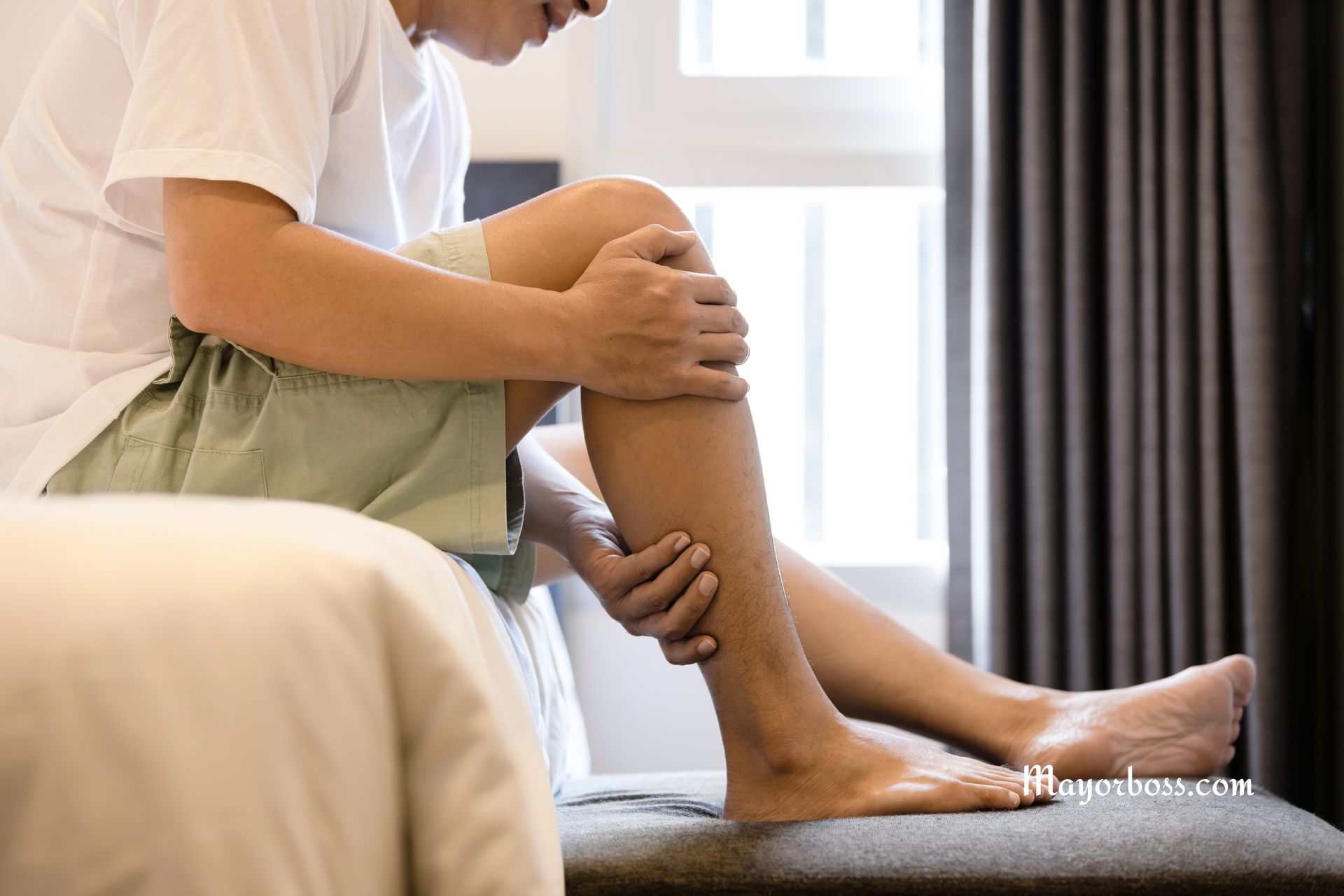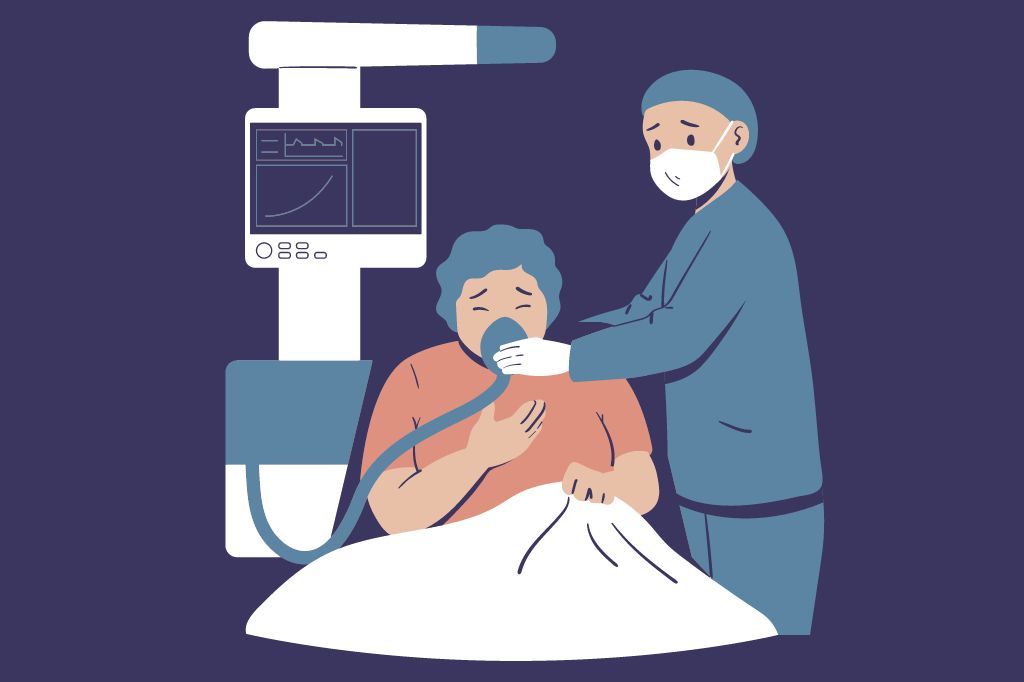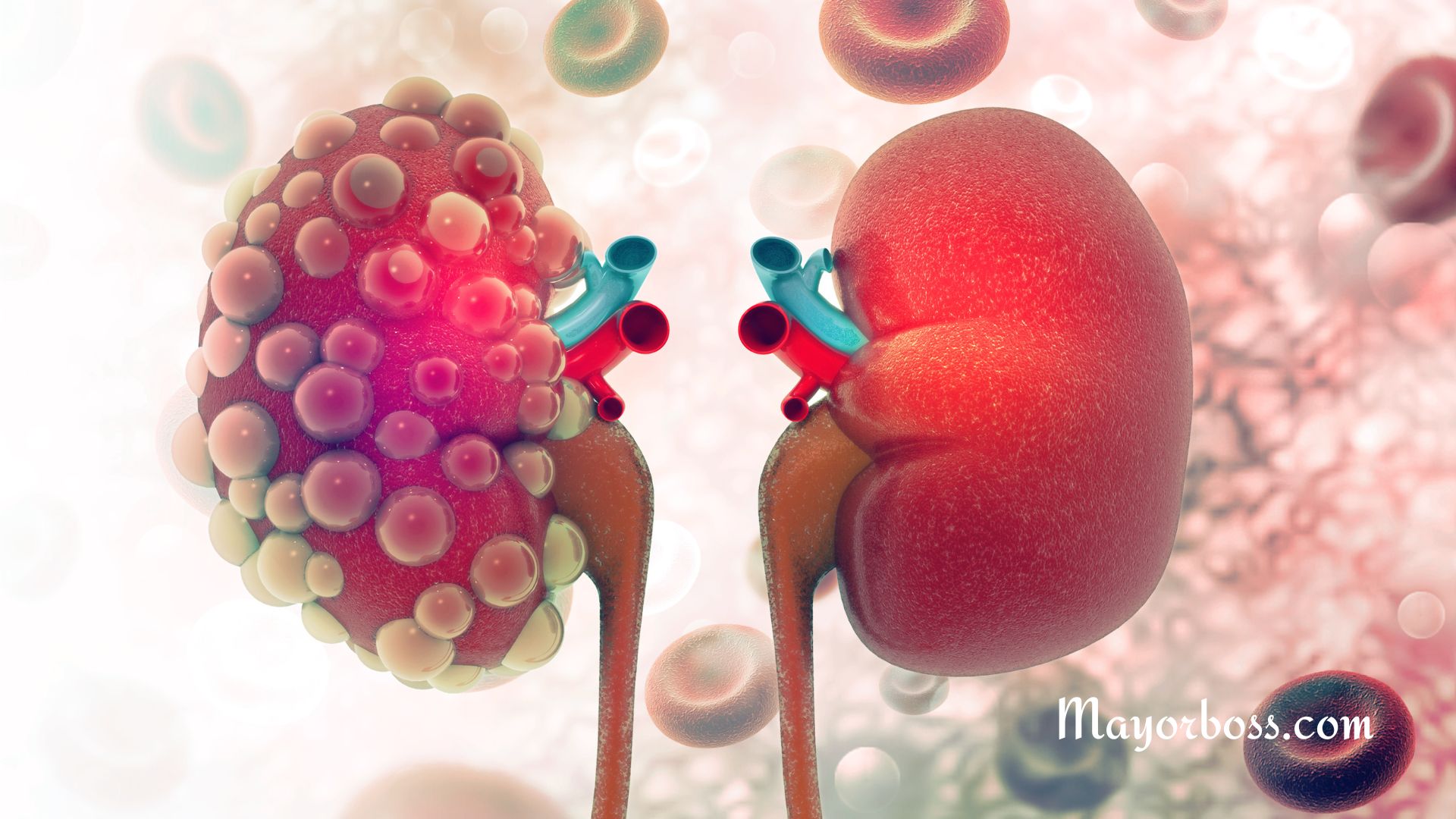4 Signs You May Have High Cholesterol
Let’s get started with a topic that’s crucial for your health: high cholesterol. Often, high cholesterol doesn’t wave big red flags to get your attention, which makes it a bit of a silent troublemaker in your body. But here are a few signs that might indicate you’re dealing with high cholesterol levels.

1. Unexplained Pain or Cramps in Your Legs
Have you ever felt a sudden cramp or pain in your legs, especially when you’re walking or climbing stairs? This could be more than just a simple muscle ache. This pain is often due to a condition called peripheral artery disease (PAD), which happens when there’s a buildup of fatty deposits in your leg arteries, restricting blood flow. Yep, this is often caused by high cholesterol.
2. Xanthomas: Yellowish Growths on Your Skin
Now, let’s talk about something you can actually see. Have you noticed any yellowish or orange growths on your skin, particularly around your eyes, elbows, knees, or buttocks? These are called xanthomas. They’re not just a skin issue; they are actually deposits of cholesterol. Surprisingly enough, they can be a clear indicator of high cholesterol levels.
3. A White Ring Around the Iris of Your Eye
Looking into the mirror, you might catch a glimpse of something unexpected—a white or gray ring around the iris of your eye. This is known as corneal arcus. While it’s more common in older people, if you’re under 40 and spot this, it’s a sign that you might have high cholesterol.
4. Chest Pain or Angina
Now, this is serious. If you’ve ever felt pressure, heaviness, or pain in your chest, particularly when you’re active or stressed, this could be angina. Angina is a symptom of coronary artery disease, which is often due to—you guessed it—high cholesterol. This is a red flag that your heart might not be getting enough oxygen due to narrowed arteries.
High cholesterol is sneaky; it doesn’t always announce its presence loudly. However, noticing these signs can be a wake-up call to take action. So, what can you do about it? Here are some quick tips:
- Check Your Levels: Don’t wait. Regular check-ups with your doctor can reveal your cholesterol levels.
- Adjust Your Diet: A diet low in saturated fats and high in fiber can help manage cholesterol levels.
- Stay Active: Regular exercise helps improve cholesterol levels and overall heart health.
- Medication Might Help: If lifestyle changes aren’t enough, your physician might prescribe medications to help decrease your cholesterol.
Frequently Asked Questions
Q: Can high cholesterol be reversed?
A: Absolutely! With the right diet, exercise, and sometimes medication, you can enormously reduce your cholesterol levels and lower your risk of heart disease.
Q: Are there any foods I should avoid to lower my cholesterol?
A: Yes, you should limit foods high in saturated fats, like fatty cuts of meat, full-fat dairy products, and processed foods. Instead, focus on fruits, vegetables, whole grains, and lean proteins.
Q: How often should I get my cholesterol checked?
A: Generally, it’s a good idea to have your cholesterol levels checked every 4 to 6 years if you’re a healthy adult. However, if you have a history of high cholesterol or other risk factors, your doctor may recommend more frequent checks.






